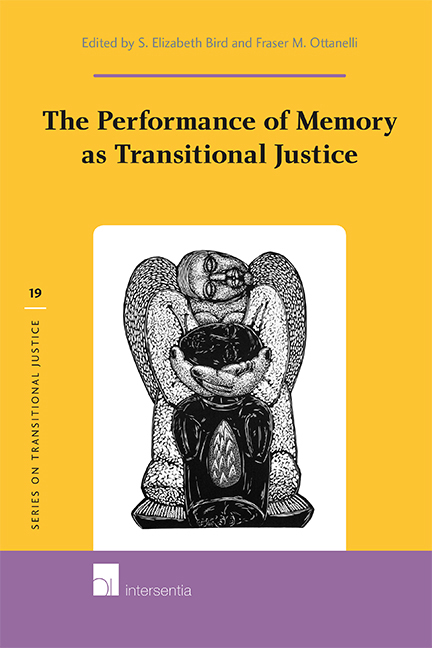Chapter 6 - Where Is My Grandfather? Impunity and Memory in Spain
Published online by Cambridge University Press: 16 December 2020
Summary
The transition from the dictatorship of Francisco Franco to democratic rule (the so-called Spanish Transition) has been portrayed as a model of negotiated, reformist, non-rupturist, peaceful change. It is also an experience of silence, choice to forget, limited rehabilitation of victims and impunity for the perpetrators. Following the dictator's death in 1975, it has taken an additional twenty five years for the victims of the Civil War and the repression that followed, and their relatives to raise the veil of fear and put forward demands for justice and truth. It was not until a younger generation started to inquire about the fate of their grandparents that some mobilisation at the civil and institutional level allowed for a transitional justice debate to take place. Whilst the claims for truth and moral restoration found some echo in the approval of the ‘Historical Memory Law’ and other limited measures, the door for accountability for human rights violations has remained firmly closed. After forty years of dictatorship, followed by twenty-five more of silence along with the continued dissemination of a one-sided version of history, the challenge now is how to build a shared, negotiated and collective memory of Spain's violent past.
This chapter offers an overview of the human rights violations committed during the Spanish Civil War and the repression during Franco's dictatorship as well as the terms in which the political transition to democracy was carried out. This description is followed by an analysis of the limited rehabilitation and reparation measures adopted until today. The scattered and belated attempts for reparation have given priority to individual memory and the restoration of individual family stories. Public policies have not made truth sharing and building of collective memory, let alone accountability, a matter of state responsibility toward its citizens. We argue that by focusing on private memory the state fails to break the ‘official memory’ imposed during Franco's regime and the ‘pact of silence’ that followed during the transition.
THE SPANISH CIVIL WAR AND THE DICTATORSHIP: THE WINNERS’ ‘OFFICIAL MEMORY’
The Spanish Civil War broke out on 17 July 1936, after a military rebellion of a sector of the army against the legitimate and democratically-elected government of the Second Republic. It ended on 1 April 1939, with the victory of the rebels, which in turn led to the instauration of the dictatorial regime of General Francisco Franco, which lasted until his death in 1975.
Information
- Type
- Chapter
- Information
- The Performance of Memory as Transitional Justice , pp. 97 - 114Publisher: IntersentiaPrint publication year: 2014
